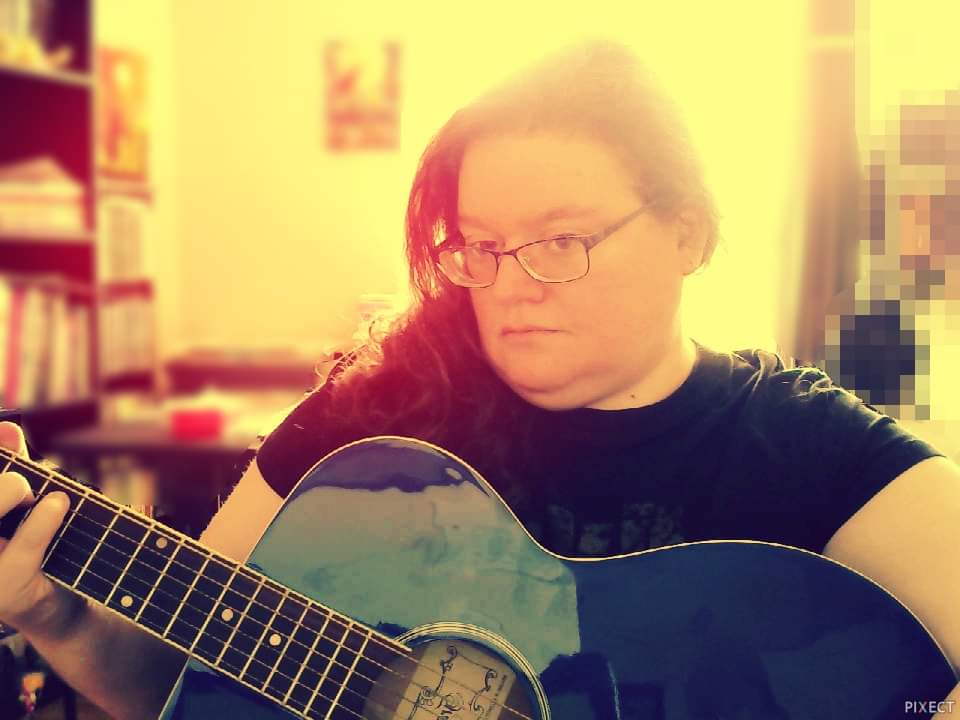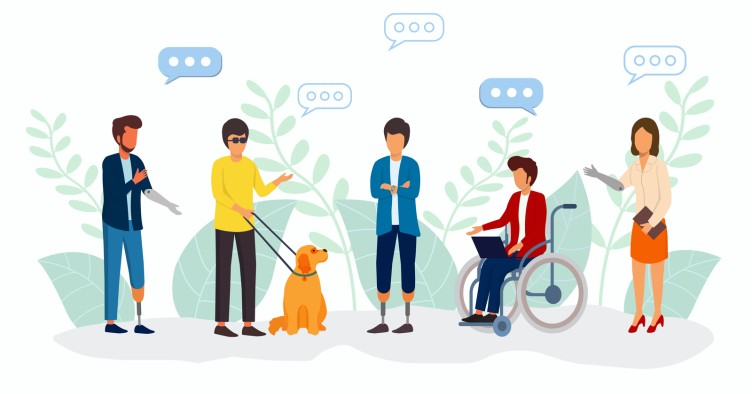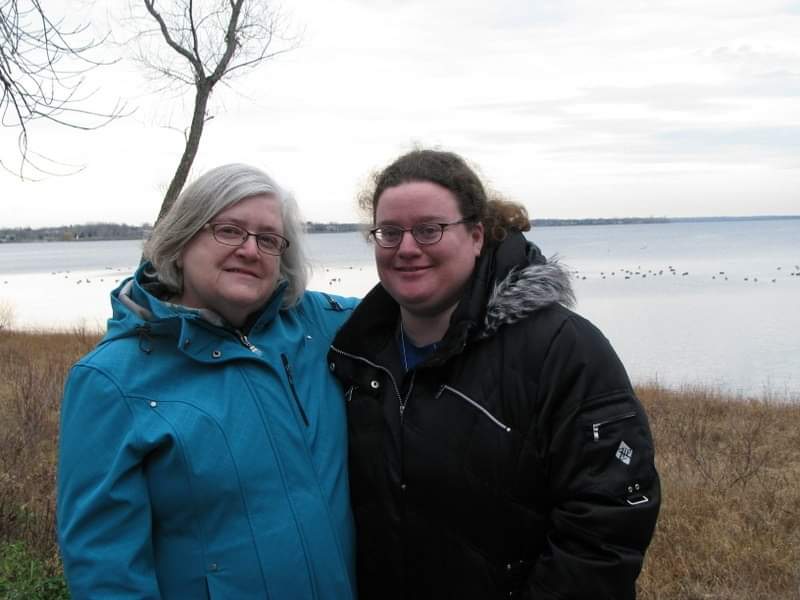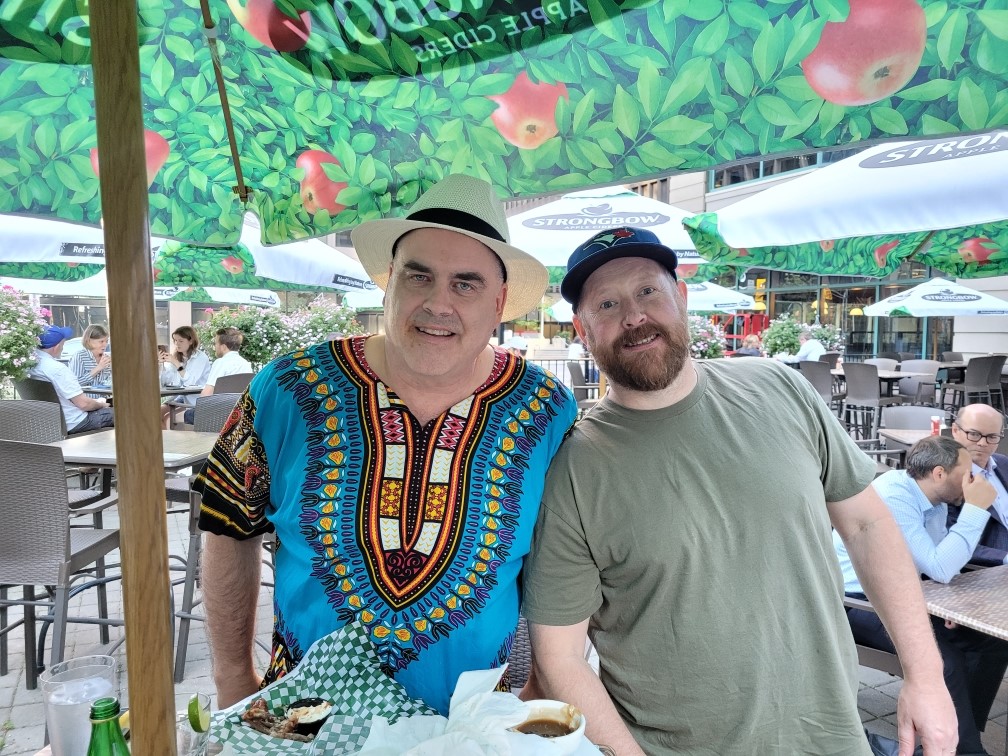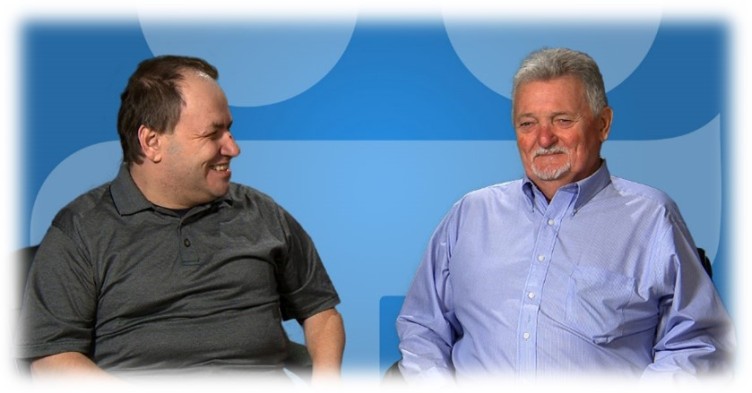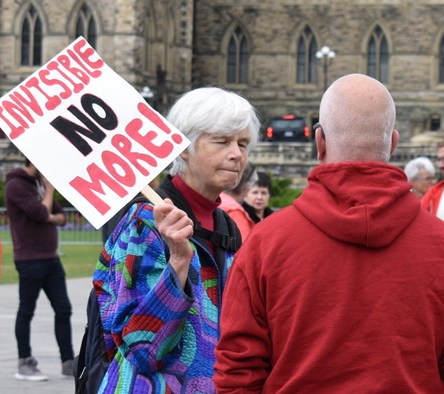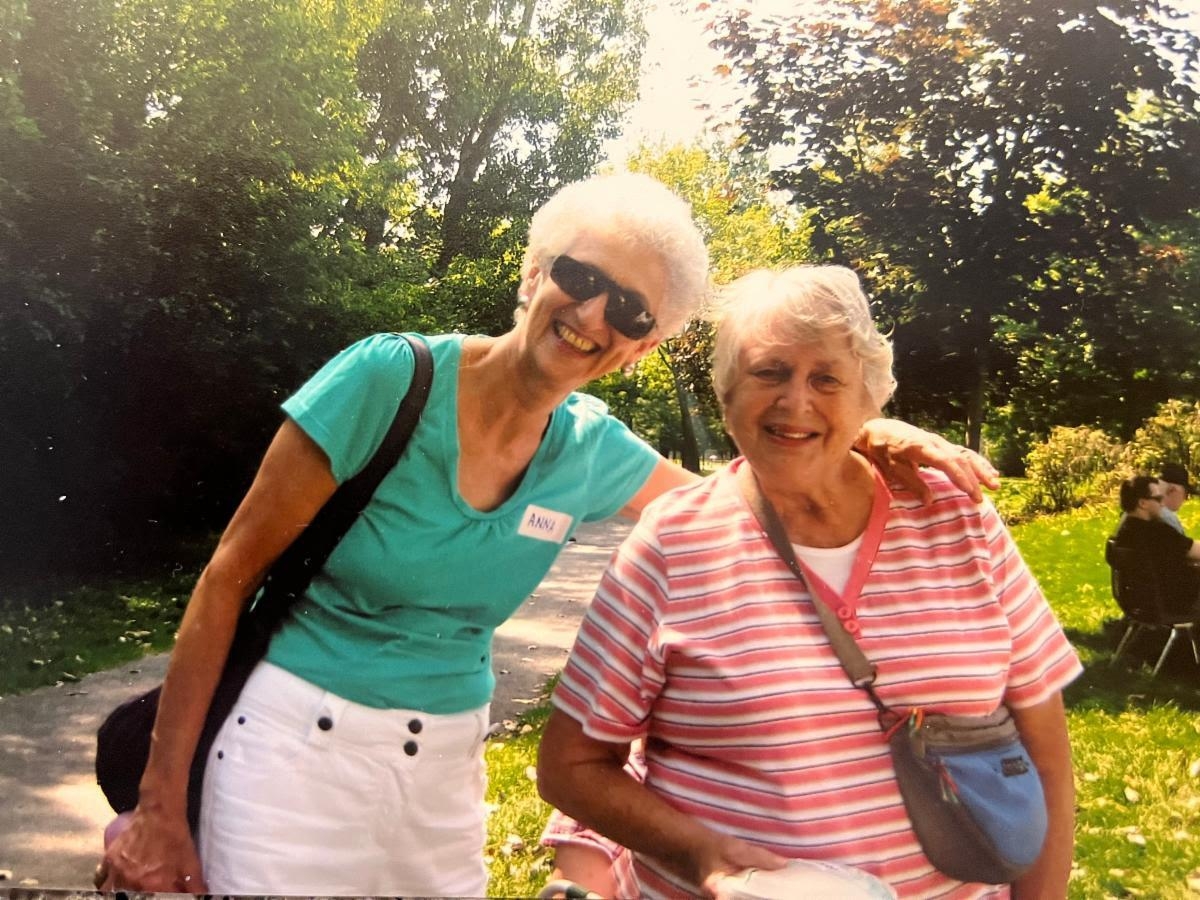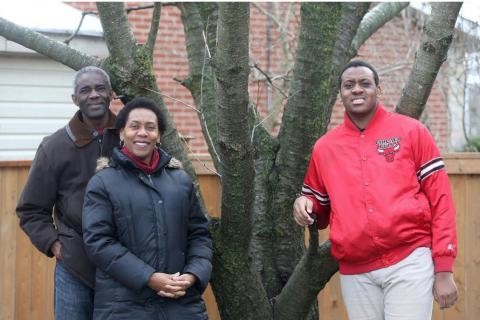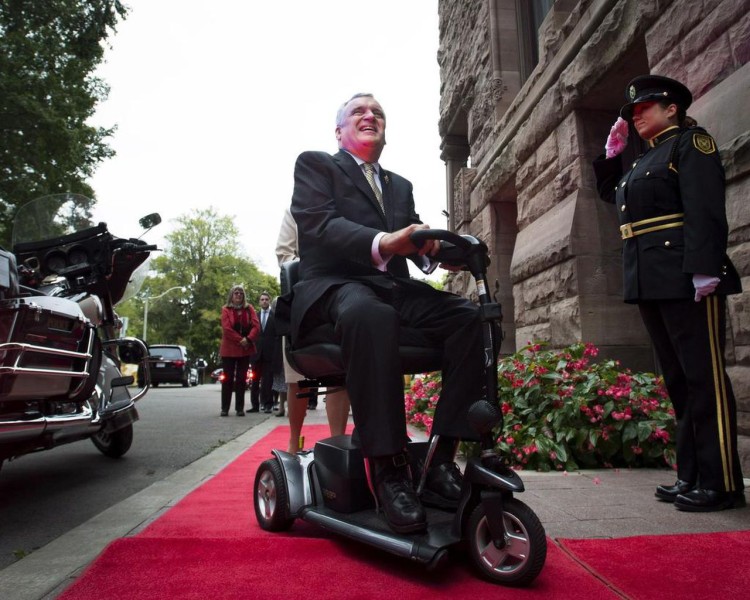By Rick Burns (as published in the July 2023 ABLE2 Monthly Moments Newsletter)
“They are the Christmas party super dancers!” I enthusiastically pronounced to my wife as we rolled out of the parking lot on an overcast but otherwise pleasant June afternoon.
I had just finished having a hot beverage with Viji and Rachel, two friends that first met through ABLE2’s matching program.
I was the first to arrive for our coffee-chat at the Starbucks in College Square, bristling full of young students and afternoon shoppers. The purpose of this informal interview was to profile a successful, long-term match to include in an article in ABLE2’s monthly newsletter.
As I waited a few moments for Viji and Rachel to arrive, I suddenly wondered how I would know who they were? I instantly recognized them however as they walked through the door – I remembered seeing them at previous events, notably ABLE2’s annual Christmas party.
How could I forget? Each year, Viji and Rachel tend to be one of the first ones on the dance floor, and to say they move with joy and enthusiasm would be great understatement. I clearly remember my wife (unsuccessfully) trying to get me to bust a move at ABLE’s marquis annual event, nodding towards Viji and Rachel: “But look how much fun they are having!”
It was a great start to the interview because I felt like I already kind of knew them.
My initial impression as we greeted each other was how natural and comfortable they seemed with each other. They gave off the vibe of two old friends meeting for a coffee to chat and catch-up – a casual, nothing-to-see here type of Saturday afternoon hang out. And my initial instincts proved to be correct. In fact, when asked, like a lot of old friends, they could not quite remember how long exactly it had been since they first met.
“17, 18 years….2004 maybe” Viji responded to my first inquiry about the length of their friendship.
As I came to uncover, their relationship has grown substantially over the almost two decades since they first met. Going to coffee shops, seeing movies, hanging out, chatting over Facebook……they do all of the things you would think of that are typical of strong, mutually beneficial relationship.
They went on to describe what they meant to each other and that, like any other solid friendship, they can tell each other anything and play a big part in each other’s lives.
“What is your most memorable moment together?” I asked as I perused a list of pre-selected interview questions I had on hand. There was a bit of pause, no one single moment immediately jumped to either of them.
Rachel then just got to crux of it all with one answer: “Viji is really easy to talk to, we just have fun together, it is great to have a friend that understands you.”
I asked Viji: “Could you point to one thing you have learned from Rachel?”
“She forces me out of my comfort zone somethings……..like dancing!!” Viji responded with a smile.
As we spoke, I found out that not only is Rachel one ABLE2’s best Christmas partiers, she has previously taken Jazz dancing lessons and used to be a regular at the Dovercourt dances. She reiterated, while Viji nodded her head, that dancing was a great to release energy and just have fun.
It was at this point where this interviewer may have made a big mistake. Perhaps out of nervous politeness, I ever so casually mentioned that maybe I would hit the floor at the next Christmas party. Upon telling my wife about this off-hand commitment I made, she smiled and said she could not wait. My goodness what have I done, I (half?) jokingly thought to myself.
As we finished up our conversation, I posed my last and ultimate question: “What would you say to someone who is interested in becoming involved in ABLE2’s matching program? The response came quick: “Just do it! You can expand your social network, do interesting things and it is a great way to make a new friend!”
In fact, as we spoke, it was pointed out that there would be no impact on their friendship at all if ABLE2 stopped existing tomorrow, which is the ultimate nod to the effectiveness of the matching program. While ABLE2 brought them together, it is their commonalities and genuine connection that has nurtured their relationship over the years.
Rachel and Viji’s friendship is something not everyone in the world is lucky to have. In a modern life, tied to our screens, always playing catch up – we could all benefit from having a connection like theirs. And that, dear reader, brings us to the heart of it all: who among us could not use another good friend?
I look forward to seeing Viji and Rachel at the next ABLE2 event. And I am left wondering if they will hold me to my mention of dancing at the next Christmas party? We shall see…
By Rick Burns


